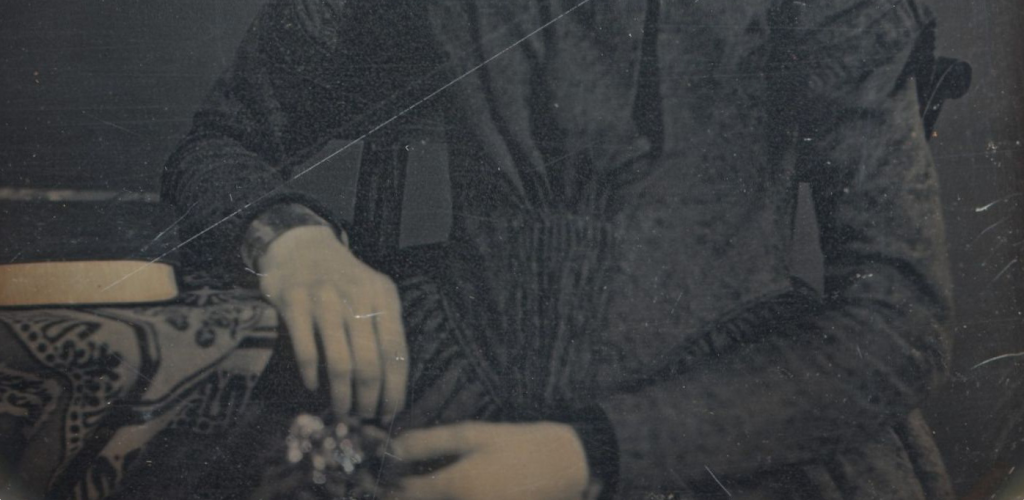For this assignment we had to choose a poem and practice the five steps of close reading; identifying repetitions, strands, binary oppositions, an anomaly and finally select one of them to discuss in more detail. It has been a while since I last analyzed or read poetry, so this was a big challenge for me. Nevertheless, after doing the class exercise on Emily Dickinson’s poem “I’m ‘wife’–I’ve finished that”, I got a clearer image of the piece and what stood out for me was the questioning of the speaker’s identity through the use of quotations and what this tells the readers about the writer. The way this poem from the 1860s is written feels like a contemporary piece of self-reflection monologue, which I found very interesting.

Quotations as a form of questionning in Dickinson’s “I’m ‘wife’–I’ve finished that”
Emily Dickinson’s poem uses different literary resources to deconstruct the zeitgeist around women’s identity of her time. For the purposes of this close reading, I will focus specifically on the use of quotations as a form of questioning –and perhaps, mocking– identity labels and what they imply. The two words that the author quotes are “wife” and “woman”. “Wife” (Dickinson 1) is the second word that appears in the piece, right after “I’m” (Dickinson 1), and it’s also contained in the title. This is the theme and central idea of the dramatic monologue: What does it mean being a wife? The fact that “wife” comes right after “I’m”, without an “a”, makes an unfamiliar and powerful introduction of the speaker. Wife is used as a name, it is not just another social label or state of the being, such as being a student or a sister. By stating “I’m wife” (Dickinson 1), the speaker is reducing her whole identity to the role she chose to transform into. The words that come after, “–I’ve finished that–“ (Dickinson 1), support the culmination of other aspects of her identity. On the other hand, “Woman” (Dickinson 3) is used as a synonym for “wife” in the piece. By being compared to a high-level monarch, “I’m Czar–I’m ‘Woman’ now–“ (Dickinson 3), the metaphor seems to imply that being a wife is the ultimate goal and power position for a female-gendered human being of that time; Only by becoming a wife, a girl is transformed into a woman, according to the speaker.
Nevertheless, by the use of quotation marks around these specific words, the author is distancing herself from the ideals attached to them. Quotations tell us the meaning for these labels –as stated in the poem– don’t correspond to the writer’s opinion on the matter or personal identity, rather society’s expectations for a woman represented by the speaker, giving the piece a tone of verbal and structural irony. Quotations, therefore, are the key to question and revise everything the poem states with words, as well as a hint to reveal the persona created by the author is not Dickinson herself.